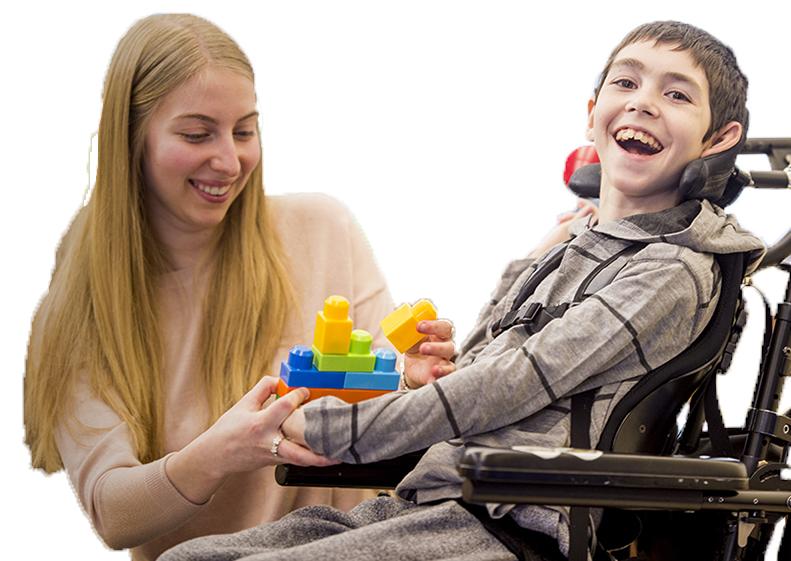Resources Directory
Search below to find a hospital, doctor, therapy, and more

Wheelchair Tennis, United States Tennis Association
In 1998 the United States Tennis Association assumed responsibility for wheelchair tennis in America from the National Foundation for Wheelchair Tennis. Since then the USTA has become the first National Governing Body of both Olympic and Paralympic tennis governing Paralympics, ParaPan American Games and World Team Cup events.
The United States Tennis Association also offers Adaptive Tennis. Adaptive Tennis’ goal is to promote and develop recreational tennis opportunities for individuals with differing abilities and circumstances through inclusion, knowledge, and support, and by providing, where needed, adaptive programming, equipment, and teaching techniques.
Tennis benefits both mind and body. Physically, playing tennis helps to improve balance, mobility, agility, strength, fitness, and to burn calories. Mentally, tennis works on one’s focus, concentration, and reactive and problem-solving behaviors. Emotionally it can promote self-confidence, instill feelings of success, relieve stress, and provide social outlets to meet new friends, enhance relationships, or experience great family outings. These benefits are so much more important for those with disabilities, in special life situations, or with special circumstances.
The following areas are under the USTA Adaptive Tennis umbrella:
Developmental disabilities (learning disabilities, autism, Down Syndrome, intellectual disabilities)
Physical disabilities (players with prostheses, players in wheelchairs, players undergoing rehabilitation, such as surgery and illness, birth defects, multiple sclerosis, traumatic brain injury, muscular dystrophy, hearing impaired, stroke, etc.)
Consumers of mental health services (psychiatric needs, emotional needs)
Environmental disabilities (substance abusers, mentally and physically abused, homeless, HIV positive individuals, etc.)
For people with special circumstances or disabilities, these benefits are enhanced with new elements added to success as typically defined. A different way of looking at some benefits is as follows:
Tennis is for everyone and the game of tennis can be adapted to accommodate any age, environment, condition, or disability.
Tennis is fun.
Tennis provides a venue for positive social interaction.
Tennis participation enhances self-esteem and self-confidence.
Tennis is good exercise and improves overall fitness.
Tennis improves flexibility, strength, and weight control.
Tennis helps develop eye-hand coordination and body control.
Tennis can be played for a lifetime.
Contact the UTSA:
